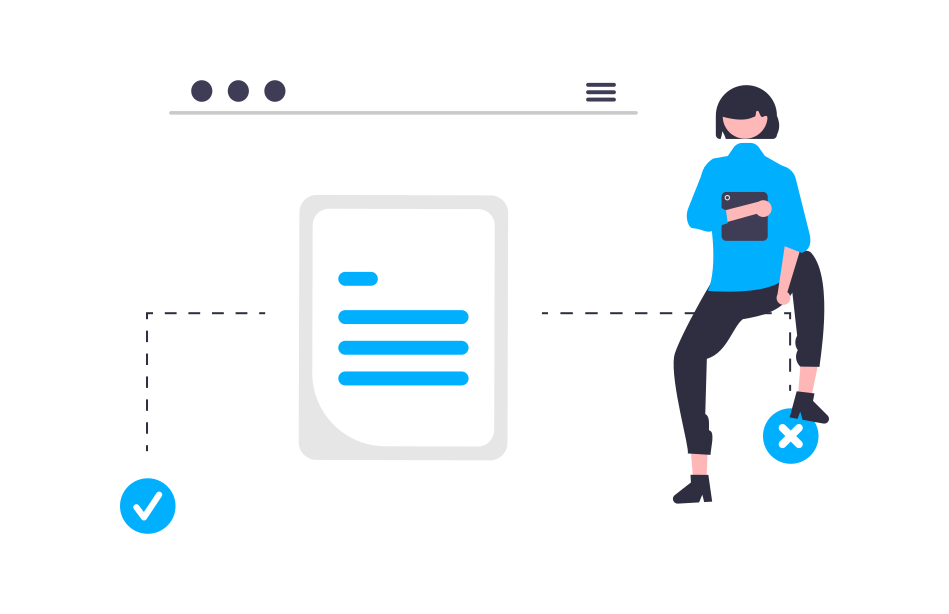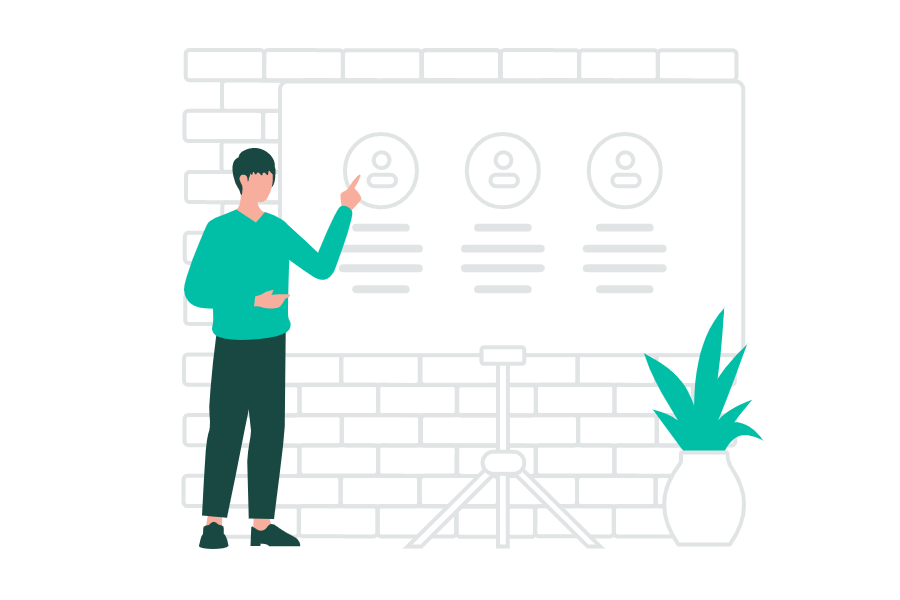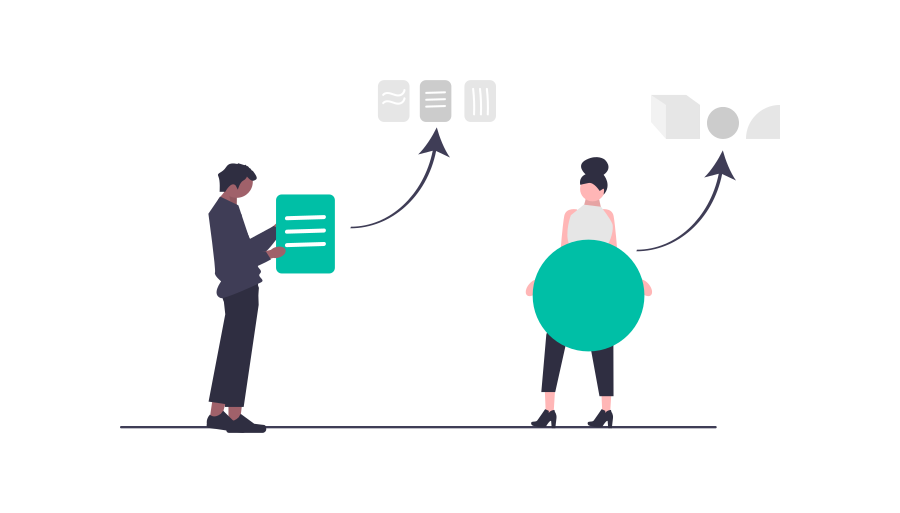You applied to a couple of great gigs that seem like a perfect fit for your skills, creativity, and passion. Once the interview is over, the waiting game has just begun. Now you need to find a balance. You don’t want to contact the interviewer or recruiter too much and come off as desperate. But you also don’t want to avoid them and appear aloof or no longer interested. Job seekers everywhere understand the struggle of balancing responsiveness.
Maybe you wish you could get inside the mind of an interviewer or recruiter to gain a better understanding of what they expect. Since technology has not yet evolved to the point of mind reading, we offer you three tips on post-interview responsiveness etiquette that should help you stay in the game.
Make Sure You’re Submitting Applications and Information Within Given Timelines
Maybe you haven’t had the interview yet but are busy preparing your application, resume, and references to apply for the freelance opportunity. The worst thing you can do in this situation is miss the employer’s application deadline. You could have been the perfect fit for the job but have now made a bad impression on the employer due to your lack of timely responsiveness.
Whether fair or not, the interviewer or recruiter will likely assume that you would always run late or that you don’t pay close enough attention to details. So, a word to the wise: get your application materials in on time, but not too early. People in charge of hiring tend to have better recall of resumes they receive towards the end of the application process because they have viewed your information more recently.
Reply to Their Communication within One Business Day
Employers expect job seekers to thank them for their time and provide additional information, so you don’t have to worry about appearing desperate by sending a follow-up card or email. Be sure to make it brief and cover these points:
- Your enthusiasm for the project and your potential role in it
- Briefly reiterate your qualifications
- Mention anything you forgot during the interview
When you receive communication from the employer, whether by phone, email, or postal mail, responding within one business day shows you’re still interested. You should always be professional regardless of the type of communication. When responding in writing, double-check for proper spelling, grammar, and sentence structure to ensure you make the best impression possible.
Keep Them Updated on Your Availability
We all have busy lives, and you may be planning a vacation or finishing up another gig while you wait to hear whether you have lined up the next one. While employers understand this, they also appreciate applicants considerate enough to inform them of their availability. This is especially true when your timeline changes beyond what you initially communicated during the interview.
Above all, try to relax. Independent workers tend to interview more often than traditional workers and learn to perfect the skill after a while. Chances are that you did fine and the employer will contact you soon. Just make sure you show the appropriate responsiveness when that happens.
About the Author: Lisa Kroulik has worked as a freelance content marketing writer for 10 years. She loves the work and the lifestyle it affords. Learn more about Lisa’s work and availability through Writer Access.
reference: https://kb.jobble.com/articles/is-timing-everything-heres-the-level-of-responsiveness-hiring-managers-expect-from-you/








